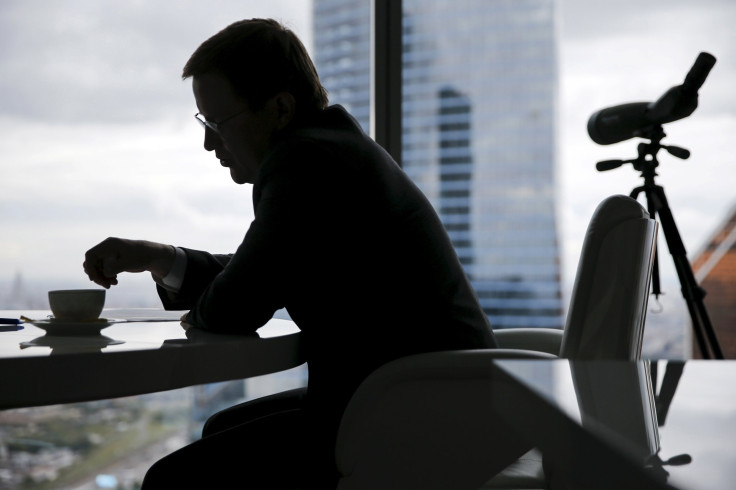Sleep Deprivation Can Cure Depression, Study Shows

Depression is one the biggest health concerns of our time. According to a ClinicalDepression.com report, depression is now the No.1 psychological disorder in the world.
The explosion in numbers is prevalent in all age groups and every community across the western world. The alarming rate of increase in teens will make it the 2nd most disabling condition in the world behind heart disease.
Sleep and depression share a complex relationship. Many cases of insomnia and an increase in sleep hours are reported. There has been no in-depth study regarding the influence of sleep on depression for nearly 30 years, until now.
Researchers from The Perelman School of Medicine at the University of Pennsylvania have concluded that, sleep deprivation — administered in a controlled, clinical setting — rapidly reduced depression symptoms.
In over half the patients who participated in the research, the results were astonishing. Partial sleep deprivation and total sleep deprivation were found to be equally effective in the study. Sleep for three to four hours followed by a period of 20-21 hours of being awake as well as staying awake for 36 hours straight was found to be very effective.
The effects of meditation were braided into the study but no significant effects were found in subjects who used meditation also. The results were published in the Journal of Clinical Psychiatry.
Currently, anti-depressants rule the depression cure market. The prescriptions for anti-depressants have grown tremendously in the past 20 years. This study could provide a chemical-less alternative to this silent-but-deadly disease.
This method showed improvements in the condition within 24 hours. Anti-depressants take weeks for permanent results to be seen. With 16.7 percent of the 242 million adults currently under prescription depression drugs, the team hopes that 16.1 million would not need to use them if this practice takes over.
Previous studies have shown rapid antidepressant effects from sleep deprivation for roughly 40-60 percent of individuals, yet this response rate has not been analyzed to obtain a more precise percentage since 1990 despite more than 75 studies since then on the subject.
"More than 30 years since the discovery of the antidepressant effects of sleep deprivation, we still do not have an effective grasp on precisely how effective the treatment is and how to achieve the best clinical results," said study senior author Philip Gehrman, an associate professor of Psychiatry and member of the Penn Sleep Center in a Science Daily release.
He also said that the analysis by his team showed the effectiveness and also which part of the population can use it.
The team used data from over 2,000 studies to determine a data set spanning over 32 years. They studied various factors such as age, gender, type of medication and the reaction to the change in sleep patterns. The comprehensive study also explored how sleep deprivation’s effects could differ across various studies according to the response parameters in each case.
"These studies in our analysis show that sleep deprivation is effective for many populations," said lead author Elaine Boland, a clinical associate and research psychologist at the Corporal Michael J. Crescenz VA Medical Center. The team managed to find an equivalent response rate for every study. Despite various differences in the type of sleep deprivation, type of depression and other factors.
The researchers also noted that further study should be done to determine why these changes happen with controlling sleep patterns. A comprehensive assessment will help give a better idea about the science behind and help introduce this as a healthier alternative to anti-depressants.
© Copyright IBTimes 2025. All rights reserved.




















